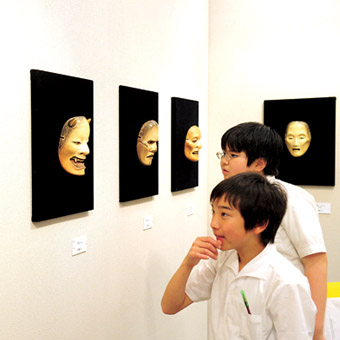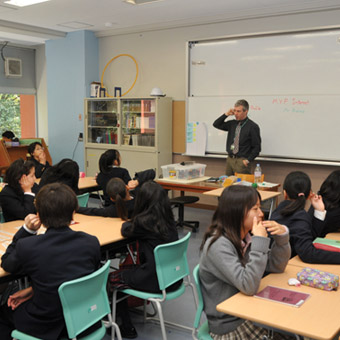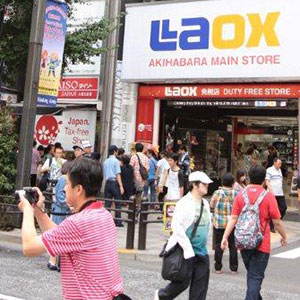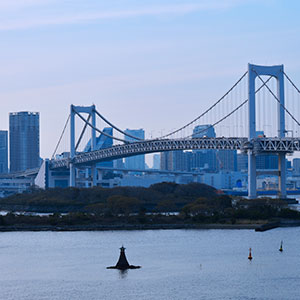What to look for and questions to ask
For most expatriate parents, few activities cause as much stress, worry and annoyance as selecting the right school for their child. Negotiating personally held beliefs regarding quality education and those pedagogical principles practiced within a new environment can be difficult, even for professionals in the field. Moreover, the plethora of information available on education can be overwhelming, incomprehensible and, quite often, contradictory. However, there are questions you can ask that will help your family and your child navigate the education dilemma.
 Start with your values. How do you define “effective” or “quality” education? As a family what ideas, skills and life-long ambitions do you hold? Too often parents, and indeed educators, equate good education with access to famous-name universities and colleges, forgetting the number of growth and learning curves a child encounters before commencing tertiary education. While taking tests and carrying out personal engagements at the moment are useful and viable benchmarks of learning, remember that education is also an experience that will continue to evolve and reveal itself over time. This may be particularly true of schools with a strong moral component to their education.
Start with your values. How do you define “effective” or “quality” education? As a family what ideas, skills and life-long ambitions do you hold? Too often parents, and indeed educators, equate good education with access to famous-name universities and colleges, forgetting the number of growth and learning curves a child encounters before commencing tertiary education. While taking tests and carrying out personal engagements at the moment are useful and viable benchmarks of learning, remember that education is also an experience that will continue to evolve and reveal itself over time. This may be particularly true of schools with a strong moral component to their education.
For example, at Tamagawa Academy in Machida, we emphasise zenjin or integrated learning. To this end, we seek to develop students physically, emotionally, academically and spiritually. While we offer rigorous classes, as required by the Ministry of Education, Culture, Sports, Science and Technology and delivered through the International Baccalaureate framework, we also recognise the multiple layers of growth a young person goes through as they develop. We believe that school is the real world and not merely a sojourn on the journey there.
 With a clear understanding of what you and your child desire, you can begin to look for your school. Remember that a school is a community, so you will also become a member of a community—again a factor to consider in your decision. Tokyo, in all its variety, offers multiple educational opportunities, from local public and private to international schools. All offer slightly different educational and community experiences. It is best to visit them and chat with those running, working at and attending the school. Time consuming, maybe, but it will be time well spent.
With a clear understanding of what you and your child desire, you can begin to look for your school. Remember that a school is a community, so you will also become a member of a community—again a factor to consider in your decision. Tokyo, in all its variety, offers multiple educational opportunities, from local public and private to international schools. All offer slightly different educational and community experiences. It is best to visit them and chat with those running, working at and attending the school. Time consuming, maybe, but it will be time well spent.
In addition, examining the school’s promotional materials may help you identify what the school espouses and considers its primary task. How does the school live its mission statement? Is this evident in its assessment practices and relationship with students, staff and the community? What opportunities does the school offer students for extracurricular activities, events and learning? Is it actively engaged in professional development for its staff? Is there a large turnover in staff? The list is almost endless, but it is to be hoped that you find a few items here to consider, as you and your child engage on this very exciting journey.





